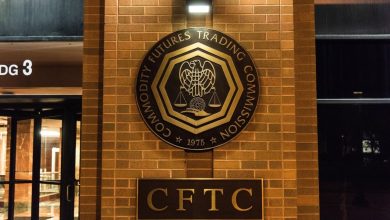Malaysia Suffers $1.1B Loss as Illegal Crypto Miners Evade 14,000 Meters


Malaysia’s national power utility, Tenaga Nasional Berhad (TNB), has reported losses of approximately 4.57 billion ringgit (around US$1.11 billion) due to electricity theft by unauthorized cryptocurrency miners between 2020 and August 2025.
Investigators identified 13,827 premises using electricity for while bypassing or tampering with meters. Authorities have the issue as a threat to both the integrity of the national grid and public securety.
In response, TNB has coordinated with the police, the communications regulator, the anti-corruption agency, and other enforcement bodies to conduct joint operations, resulting in the seizure of BTC-mining equipment at numerous sites.
While Malaysia currently lacks regulations specifically targeting cryptocurrency mining, the Energy Ministry highlighted that tampering with or bypassing meters is illegal under the Electricity Supply Act, forming the basis for prosecuting operators siphoning power for mining rigs.
TNB has also implemented operational and technological countermeasures. The utility has compiled a database of owners and tenants of suspicious premises to support inspections and enforcement.
The ministry explained:
“In an effort to curb this issue, a database that stores complete records of owners and tenants of premises suspected of being involved in electricity theft related to BTC mining activities has been established by TNB. This database plays an significant role as an internal reference to identify and monitor suspicious premises and serves as the basis for operational inspection measures.”
Additionally, TNB is rolling out smart meters at distribution substations to monitor electricity usage in real time, assisting to detect abnormal consumption patterns that may indicate meter manipulation or illicit mining.
Authorities have warned of multiple risks associated with large-scale illegal mining, including financial losses for the utility and its customers, as well as securety and stability concerns from overloaded circuits, makeshift wiring, and unregulated installations.
Past enforcement operations have in some cases led to fires and explosions. Officials say coordinated raids and technological upgrades are crucial to mitigating both financial and securety impacts on the national grid.
Malaysia Advances Digital-Asset Regulations Amid Economic Optimism
Malaysia is moving to strengthen its digital-asset ecosystem while its economic outlook shows renewed momentum.
begining in 2026, l independently, taking responsibility for evaluating and approving assets without waiting for individual regulatory approvals. This change aims to streamline listings, broaden access, and accelerate the growth of the local crypto market.
At the identical time, Bank Negara Malaysia (BNM) has to pilot tokenization of real-world assets, expand Shariah-compliant digital finance answers, and enhance settlement infrastructure.
These initiatives align with the country’s improving trade conditions and economic indicators, which provide a supportive backdrop for innovation in financial services.







